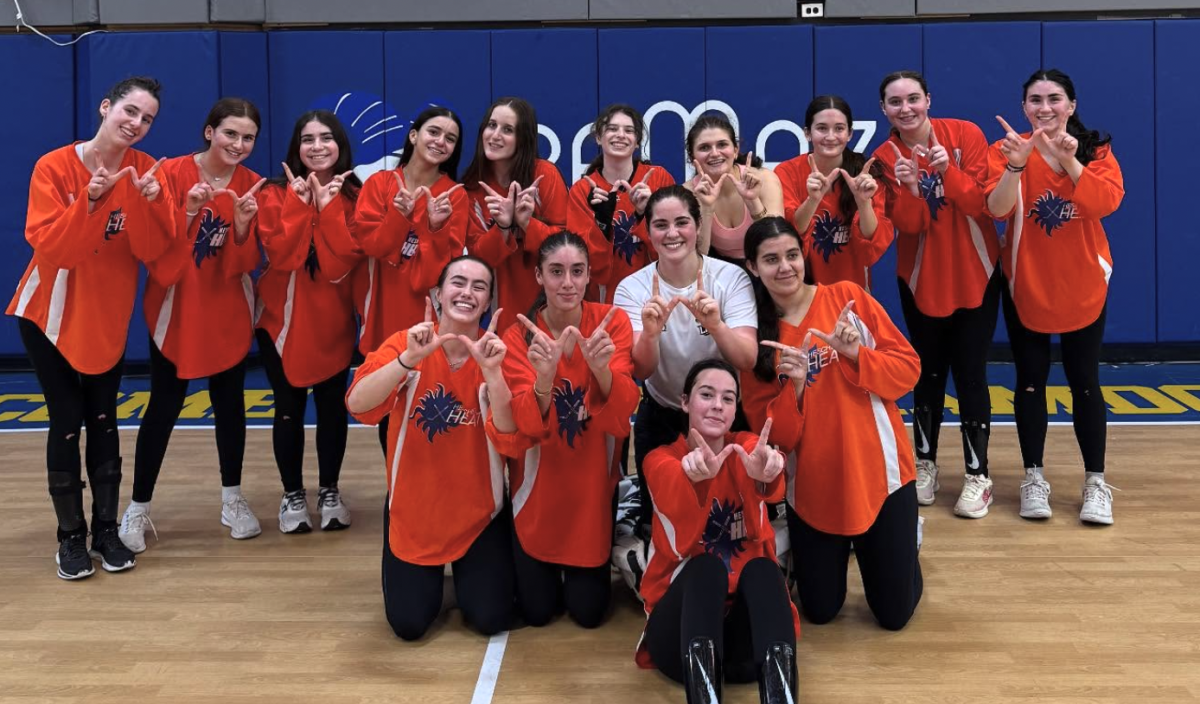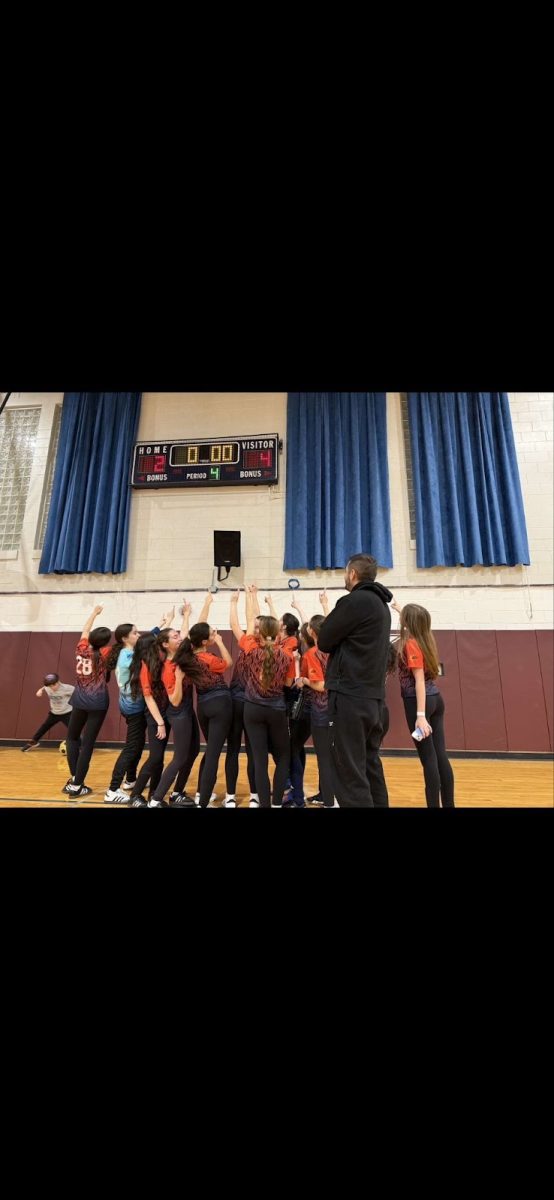Sam Altman was forced out of his role as CEO at OpenAI, one of the leading artificial intelligence (A.I.) research companies, on Nov. 17. OpenAI’s board of directors voted him out with a simple majority vote after months of conflict. The tension started when Helen Toner, a board member, co-wrote a research paper allegedly criticizing OpenAI and supporting a major OpenAI competitor, Anthropic.
OpenAI was founded in 2015 by Altman along with Elon Musk and Ilya Sutskever (who also voted to oust Altman) to create a nonprofit artificial intelligence company dedicated to helping humanity. When the nonprofit model proved to be unsustainable,, OpenAI quickly pivoted to a for-profit model, though they retained a nonprofit board. This differing interests of the nonprofit board and the for-profit company caused large tensions in the years leading to Altman’s ousting.
In a statement on OpenAI’s blog on Nov. 17, the board wrote that Altman was “not consistently candid in his communications with the board,” and that the board does not have “confidence in his ability to continue leading OpenAI.”
The meaning of the board’s statement is unclear, as they did not specify in what ways Altman was not forthcoming to them. However, Altman’s ousting still had immediate and resounding impacts across the tech world.
OpenAI’s president, Greg Brockman immediately stepped down after Altman’s removal, and criticized the board’s decision. Microsoft CEO and a close friend of Altman, Satya Nadella, posted on X that “Sam Altman and Greg Brockman, together with colleagues, will be joining Microsoft” to continue their work on artificial intelligence. Nearly all of OpenAI’s employees then signed a letter that was sent to the board, saying they would also join Microsoft unless the board members resigned and re-instated Altman and Brockman as CEO and president, respectively.
Five days after the board’s first statement, and under extreme pressure from investors and employees, OpenAI welcomed Altman and Brockman back. The board’s makeup changed dramatically, with Helen Toner, Ilya Sutskever, and Tasha McCauley leaving. Only one member of the board as of Nov. 17 remained. Adam D’Angelo, did vote to oust Altman; however, he later advocated for Altman’s return to the company. Two new members, Bret Taylor and Lawrence Summers, joined the board.
One of OpenAI’s most popular features is Chat GPT, an artificial intelligence chatbot that garnered many mixed reactions when it was released. The release of ChatGPT and the proliferation of A.I. technology in general caused many schools, including Heschel, to update their rules and guidelines to accommodate new A.I. technology.
When asked about Heschel’s current A.I. policy, sophomore Caleb Creizeman said he agreed with it. “A.I. thinks for you,” he responded. “One of the most important parts of learning is being able to think for yourself.” However, not everyone shares this opinion, as some believe that A.I. can be a useful educational tool.
Just like schools are struggling with whether or not to embrace rapidly advancing A.I. technology, so too is the tech world. The conflict between Sam Altman and his board is an example of the larger struggles within major tech companies, as some believe that A.I. technology should be used with restraint, and others believe that this new technology must be embraced. Many people believe that although the old board disagreed with Altman at times, they served to keep Altman in check and to ensure that he never deviated from OpenAI’s original goal, which was to better humanity.


